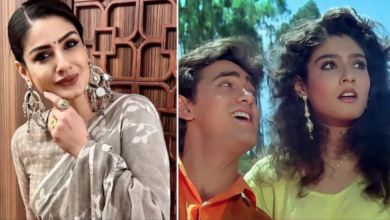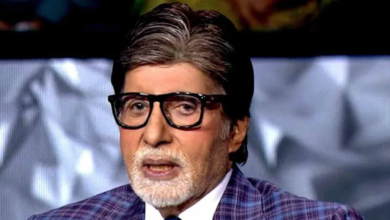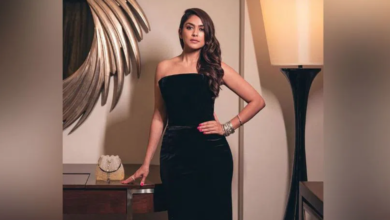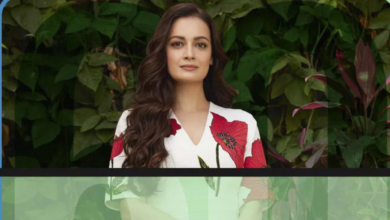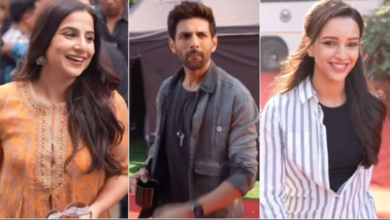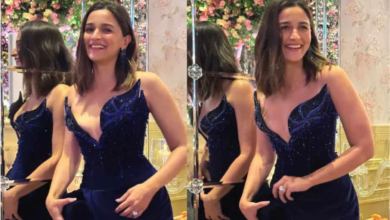Salaar review: Undoubtedly worthy of a sequel
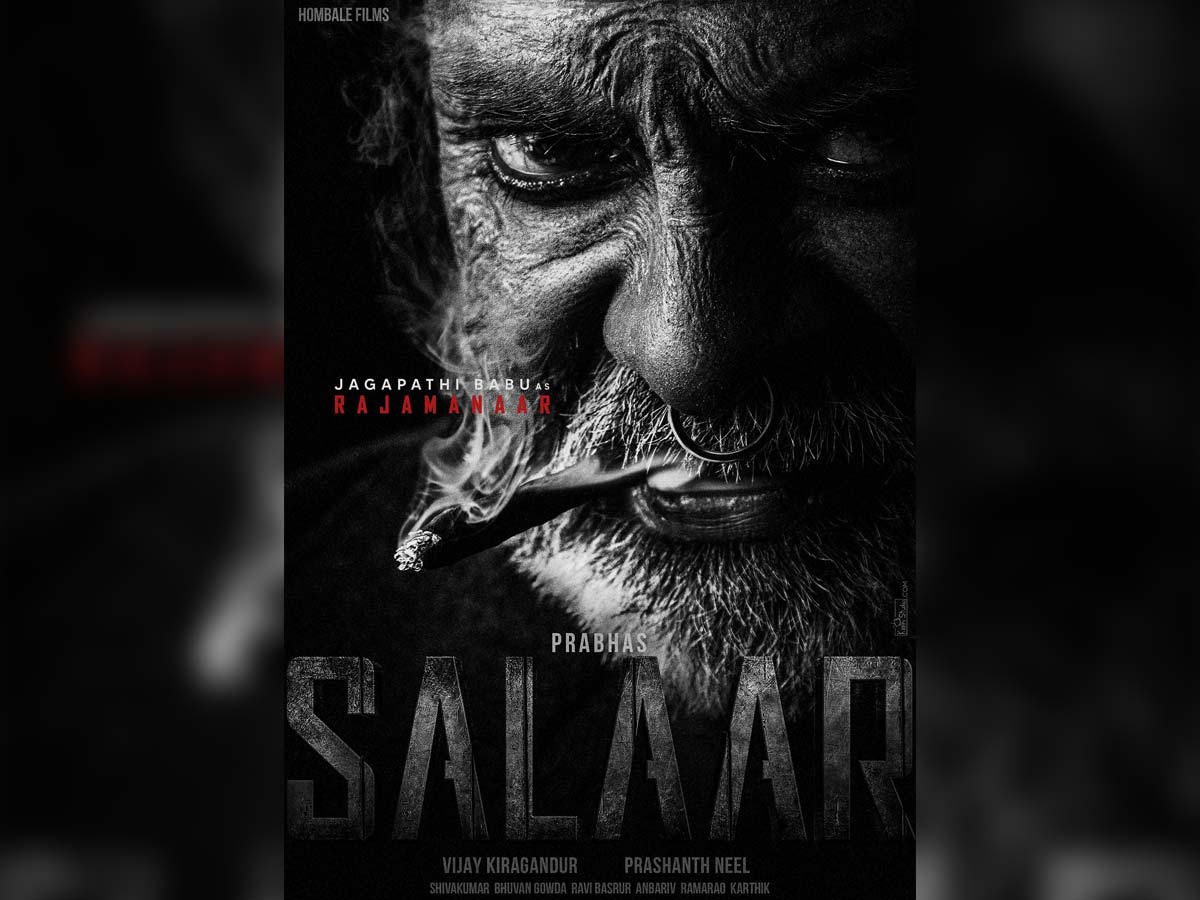
Hyderabad: Salaar, the highly anticipated Telugu film of the year, has finally been released worldwide today. The film, divided into two parts, with the first part titled Ceasefire, is written and directed by Prashanth Neel. Prabhas takes on the role of Salaar, also known as Deva, while Prithviraj Sukumaran plays a significant role as Prabhas’s friend.
Salaar was initially reported to be adapted from the Kannada film Ugramm, which was Prashanth Neel’s debut work, as officially stated by the director. This aspect might have raised concerns before the film’s release, but Neel effectively dispelled any doubts with his impressive storytelling and adaptation.
The narrative of Salaar begins with the friendship between Deva and Varadha but evolves into a story of two dynasties vying for a throne in the city of Khansaar. The drama explores the separation of the two friends during childhood and their reunion after 25 years.
Prashanth Neel’s storytelling is the essence of the film. Audience familiar with Ugramm may notice similarities in the story, but they can also appreciate Neel’s evolution in storytelling from Ugramm in 2014 to Salaar in 2023. Neel avoids intentional elevations and high moments in Salaar, a departure from his approach in the KGF series. The first half borrows the screenplay from Ugramm, emphasizing Prabhas’s character more than his stardom. However, the second part stands out with its detailed exploration of political drama in Khansaar city. In Neel’s perspective, Salaar is a blend of Ugramm story, KGF screenplay, and the exploration of a new fictional political drama.
Prabhas deserves appreciation for trusting Neel’s storytelling over the action that typically suits his stardom. His appearance in the film is among his best since Baahubali, contributing to several top-quality scenes.
Prithviraj Sukumaran aptly fits the role of Varadha, complementing Prabhas’s stature in the film. Sruthi Haasan has limited scope to perform, while Easwari Rao, Prabhas’s mother, seizes her opportunity. Jagapathi Babu’s potential seems underutilized in the first part, while Sriya Reddy and Jhansi deliver impressive performances. Bobby Simha promises much for the second part.
Bhuvan Gowda’s cinematography follows the pattern of KGF as per Neel’s vision, delivering top-notch visuals, especially in the action sequences set in Khansar city. Ravi Basrur’s background score is good, though one might expect more after his work in KGF.
Highlights of the film include the childhood friendship story, Neel’s effective use of Prabhas’s stature, the interval action episode, the intricate layers of political drama, a noteworthy action sequence referencing goddess Kaali, the Prabhas-Prithviraj bromance, a courtroom elevation, and the promising lead to the second part.
On the downside, the female lead’s role has little significance, the portrayal of the mother’s emotion is only partially presented, and the background score is slightly weaker compared to Ravi Basrur’s previous works.
In conclusion, Salaar might not satisfy fans of action movies, particularly those who enjoyed KGF. However, it also stands on its own as a film with deep drama interspersed with action, provided it is viewed independently without comparisons to Ugramm or KGF. The film is undoubtedly worthy of a sequel.

